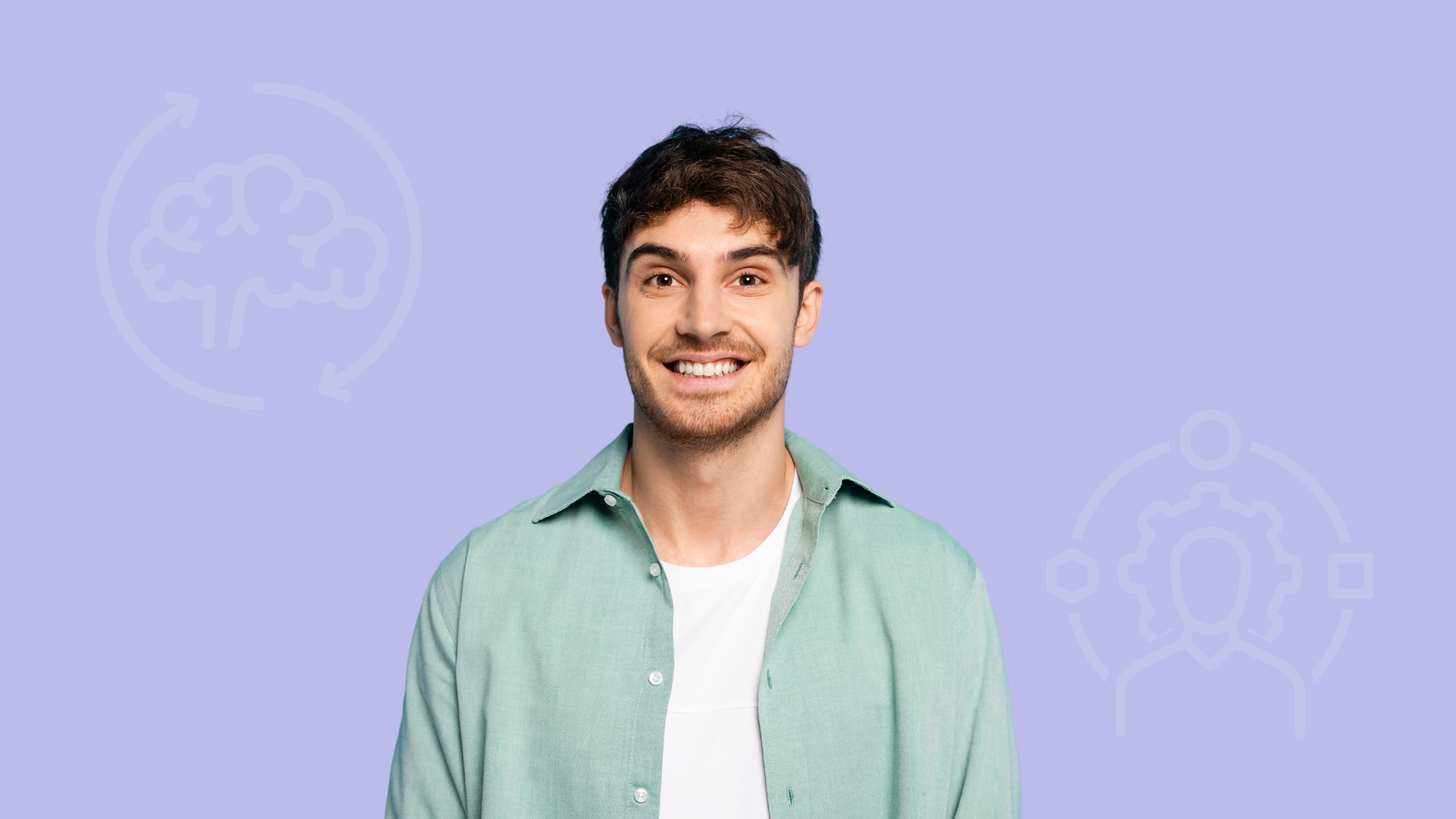
The future of work is being redefined at an incredible speed. AI and automation are altering the way we work, phasing out some jobs while creating new ones. Technological transformations are constant, and skills once considered stable are quickly becoming obsolete. In this ever-changing world, one skill helps us stay the course and remain calm in the face of all these changes: adaptability.
In this third article of our series on the skills of the future, we will explore why adaptability is so crucial, how to measure it, and how to develop it to face the challenges of tomorrow effectively.
What is adaptability?
Adaptability is a skill that calls upon open-mindedness, innovation, creativity, learning agility, and the ability to find effective responses in new situations. It involves a mental flexibility to question conventional approaches, a quick assimilation of new information, and a willingness to take calculated risks to do things differently. Adaptable individuals stand out for their ease and openness to novelty, transforming obstacles into opportunities, and making a significant contribution to innovation. Being adaptable means being proactive and creative with a resilient mindset firmly focused on the future.
Why is adaptability decisive?
On one hand, there is the necessity to adjust to new work realities, where employees must now evolve in complex environments. Workspaces are no longer as defined as before, and the ways of working have diversified. It has become common to see the virtual alongside the physical, but these two work universes require employees to constantly adjust, and even to develop new ways of organizing themselves. To do this, technological tools are regularly developed and implemented to facilitate work, but this still requires employees to be receptive to their use and to make the effort to adopt them... before they evolve yet again.
On the other hand, it is essential for everyone to stay up to date in their field. In this respect, adaptability is also a willingness to question one's knowledge and to be in a process of constant evolution in order to stay in sync with the novelties of one's sector. This means being able to unlearn old methods to open up to new ways of doing things. The concept of "unlearning" becomes as important as learning itself, as it is synonymous with learning agility and the ability to renew oneself to be at the forefront in one's field. If the world of work is evolving at a surprising pace right now, those who remain fixed in their old ways not only risk being quickly outdated but may experience stress due to feeling sidelined.
How to measure and develop it?
Adaptability is measured using emotional intelligence tests that evaluate an individual's ability to adjust their thinking and emotions to new norms and situations, as well as their ability to break away from their habits and step out of their routine. Like any aspect of emotional intelligence, adaptability is a skill that can be developed. Here are two practical tips.
Be open-minded
We all have our opinions, perspectives, and ways of perceiving the world. However, clinging to our ideas or refusing to consider other viewpoints can be restrictive, both in our interactions with others and in our ability to adapt to change. To cultivate adaptability, try to develop your curiosity about what exists around you. For example, in meetings, practice listening to your colleagues' opinions without immediately passing judgment. This may seem difficult at first, but then take a moment to reflect on the different viewpoints you have heard to better understand the underlying logic and motivations. This will gradually develop your open-mindedness, positively impacting the richness of your relationships and greatly facilitating your adaptability to different life situations.
Cultivate your growth mindset
Growth mindset - this common term refers to the mental attitude that believes skills and flexibility can be developed through learning and effort. This evolutionary view allows you to adopt a proactive attitude towards change and be better prepared to face challenges. This attitude also helps establish a lifelong learning logic to evolve your knowledge and renew your professional practices. Practically, it involves fostering this logic by engaging in continuous learning through training, reading, and participating in workshops to acquire new skills.
In conclusion, adaptability is more than being open to new technologies, adjusting to hybrid work modes, and renewing one's knowledge. It is also a mindset stimulated by change, a desire to meet the challenges of tomorrow, and resilience in the face of a future whose reference points are continuously being redefined.





